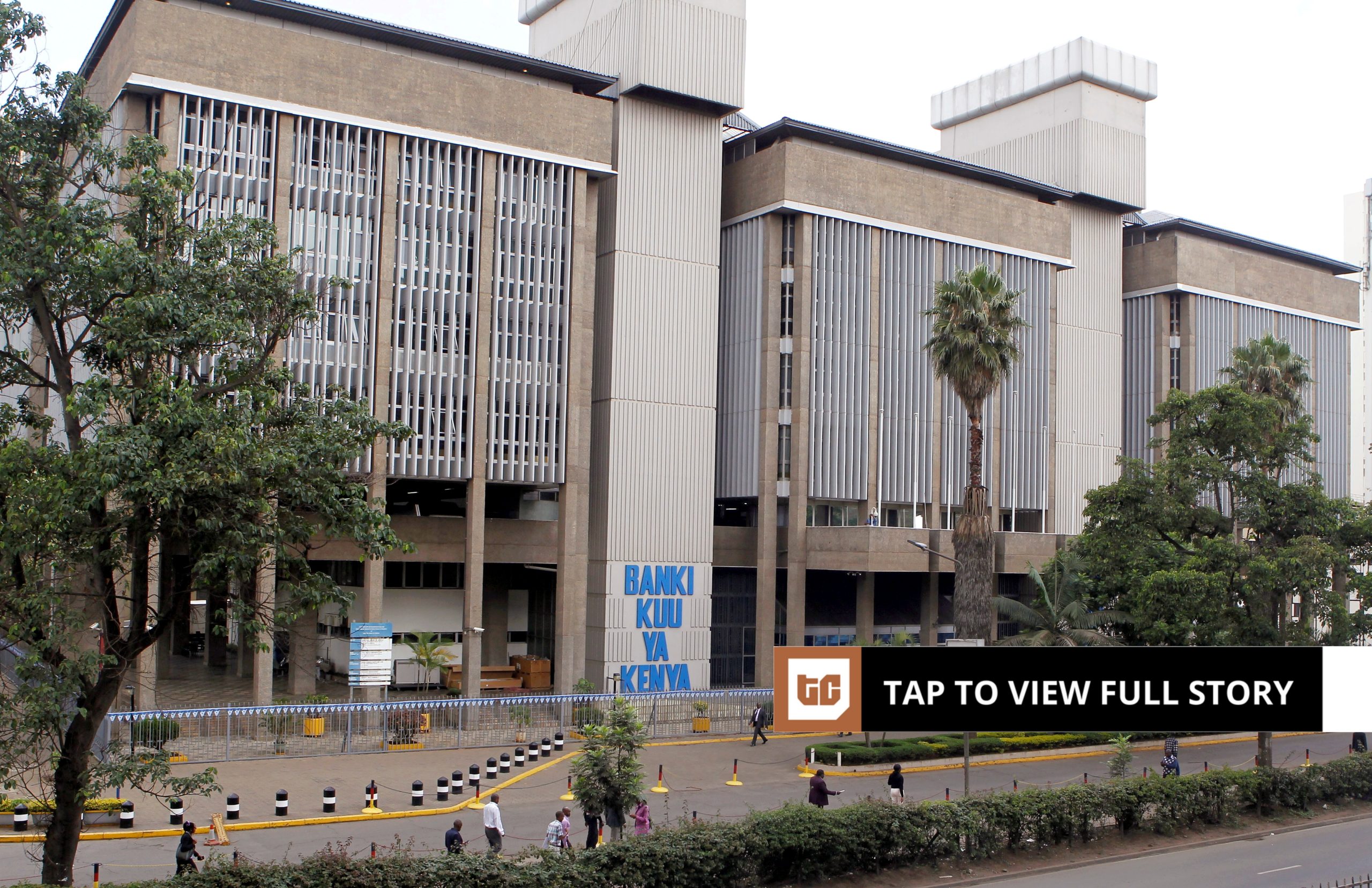Place your adverts here on InfoDig @ low rates; banner ads, sponsored links and guest articles etc. Contact us
The future of digital asset tokenisation is bright in Nigeria, however the need for improved collaboration between regulators, financial institutions, and the tech community, cannot be overemphasized.
Dr. Emomotimi Agama, the director general, Securities and Exchange Commission (SEC) Nigeria, made the remark during his keynote address at the recent ‘Tokenised Economy 2024 Conference’ themed: Digital Asset Tokenisation – The Way Forward.
He said that regulators can provide the necessary oversight to ensure compliance and protect consumers, while financial institutions can leverage their expertise to integrate digital assets into the broader financial system.
Speaking at the event organized by Cyberchain at Baze University in Abuja, Dr. Agama noted that the tech community, with innovative solutions, can drive the development of secure and efficient tokenisation technologies.
“This collaborative approach will pave the way for a robust and sustainable digital asset ecosystem. The innovation that we expect from you cuts across every asset where solutions can be provided. There are opportunities in real estate, hard and soft commodities, traditional financial assets, art and many more. There are solutions to many problems in developing countries such as Nigeria and I encourage you to think of how you can achieve this”.
“SEC has positioned Nigeria as a regional leader in digital asset regulation and innovation by developing forward-thinking regulatory frameworks and fostering a supportive environment for digital asset businesses”.
He said that SEC Nigeria, on its part as the primary regulator of the capital market, and one also mandated to develop same market, recognises the potential of blockchain and digital assets to revolutionise the capital markets.
“Wehaveintroducedseveralmeasurestoensurethattheseinnovationsareharnessedresponsibly:a.Accelerated Regulatory Incubation Programme (ARIP) and Regulatory Incubation(RI) Programme: The ARIP and RI Programmes were designed to on-board firms operating in the digital asset space and provide a controlled environment to test newmodels, products, and services. These programmes foster innovation while ensuring that robust consumer safeguards are in place.
“The recent approval-in-principle granted to two digital asset exchanges participating in this programme is testament to our commitment to enabling innovation.
“Our regulatory stance is clear, digital assets such as cryptocurrencies and other tokenised assets are classified as securities unless proven otherwise. We have established a registration framework that requires issuers and sponsors to prove that their assets do not qualify as securities.
“This ensures that investor protection and market integrity are upheld while providing a level playing field for legitimate market participants.
“SEC took commendable steps to establish a regulatory framework that governs the issuance of digital assets, recognising their potential to transform our economy while ensuring the protection of investors.
“To promote transparency and safeguard investor interests, we mandated that issuers of digital securities must register their offerings. This process includes the submission of a detailed prospectus outlining the offering’s characteristics, the business operations involved, potential risks, and the intended use of proceeds. Such disclosures are crucial in fostering informed decision-making among investors and ensuring they understand the opportunities and risks associated with their investments.
“In addition to registration and disclosure requirements, SEC emphasises the importance of consumer protection within the digital assets space. Issuers are encouraged to implement robust measures to prevent fraud and ensure transparency in all transactions.
“Furthermore, the regulatory framework mandates that digital asset service providers, including exchanges and wallet services, obtain registration with SEC and adhere to applicable regulations. This establishes a level of accountability and builds trust in our developing digital asset ecosystem.
The SEC boss further said that to combat illicit activities and promote a secure trading environment, the Commission requires all digital asset service providers to implement comprehensive anti-money laundering measures.
“By fostering a regulatory landscape that prioritises investor protection and accountability, we are paving the way for innovation in the digital asset space while ensuring that we uphold the principles of integrity and transparency that are fundamental to our financial system.
He concluded by saying, “digital assets offer an opportunity to transform our economies and societies, and we commit to this journey with a shared vision, a spirit of collaboration, and an unwavering focus on building a prosperous and inclusive Africa”.

 2 hours ago
22
2 hours ago
22















 English (US) ·
English (US) ·